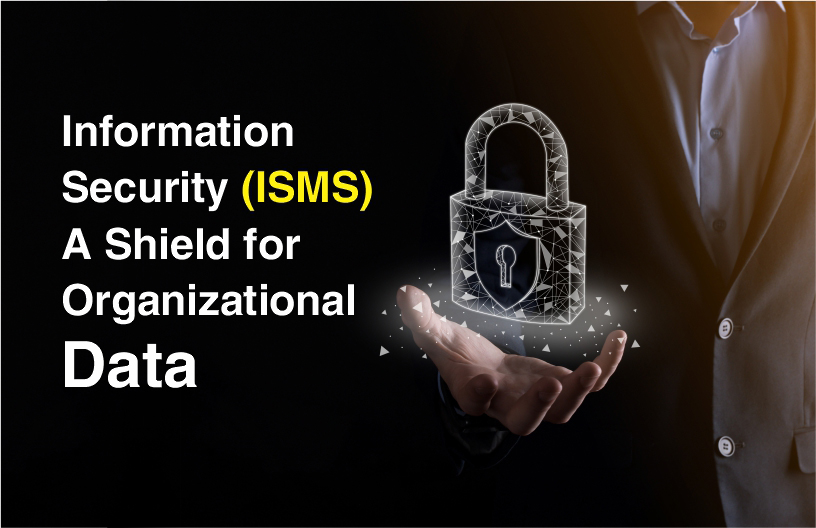Data security is a set of processes and practices designed to protect your critical information technology (IT) ecosystem. This includes files, databases, accounts, and networks. Effective data security adopts a set of controls, applications, and techniques that identify the importance of various datasets and apply the most appropriate security controls. Effective data security takes into account the sensitivity of various datasets and corresponding regulatory compliance requirements. Rather, data security is one of many critical methods for evaluating threats and reducing the risk associated with data storage and handling.
Why is Data Security Important?
Data security is critical to public and private sector organizations for a variety of reasons. First, there’s the legal and moral obligation that companies have to protect their user and customer data from falling into the wrong hands. Then there’s the reputational risk of a data breach or hack. If you don’t take data security seriously, your reputation can be permanently damaged in the event of a publicized, high-profile breach or hack. Not to mention the financial and logistical consequences if a data breach happens. You’ll need to spend time and money to assess and repair the damage, as well as determine which business processes failed and what needs to be improved.
Types of Data Security
- Access controls
- Authentication
- Backups & recovery
- Data erasure
- Data masking
- Data resiliency
- Encryption
Data Security Technologies
- Data auditing
- Data real-time alerts
- Data risk assessment
- Data minimization
- Purge stale data
Data Privacy Protection Brings Business Values
- To meet compliance requirements
- To prevent breaches that hurt businesses
- To prevent breaches that hurt data subjects / individuals
- To maintain and improve brand value
- To strengthen and grow business
- To support ethics
- To maintain public, investor and customer trust
- To support your customers’ wishes
- To be a competitive differentiator and gain a competitive advantage
- To increase physical safety
- To build customer loyalty
- To support innovation
Meaning of ISMS
An ISMS (information security management system) provides a systematic approach for managing an organization’s information security. It’s a centrally managed framework that enables you to manage, monitor, review and improve your information security practices in one place.
It contains policies, procedures and controls that are designed to meet the three objectives of information security:
- Confidentiality – Ensures that data is accessed only by authorized users with the proper credentials.
- Integrity – Ensure that all data stored is reliable, accurate, and not subject to unwarranted changes.
- Availability – Ensures that data is readily — and safely — accessible and available for ongoing business needs.
The key benefits of implementing an ISMS
Secures your information in all its forms
An ISMS helps protect all forms of information, including digital, paper-based, intellectual property, company secrets, data on devices and in the cloud, hard copies and personal information.
Improves company culture
The standard’s holistic approach covers the whole organization, not just IT, and encompasses people, processes and technology. This enables employees to readily understand risks and embrace security controls as part of their everyday working practices.
Provides a centrally managed framework
An ISMS provides a framework for keeping your organization’s information safe and managing it all in one place.
Offers organization-wide protection
It protects your entire organization from technology-based risks and other, more common threats, such as poorly informed staff or ineffective procedures.
Helps respond to evolving security threats
Constantly adapting to changes both in the environment and inside the organization, an ISMS reduces the threat of continually evolving risks.
Reduces costs associated with information security
Thanks to the risk assessment and analysis approach of an ISMS, organizations can reduce costs spent on indiscriminately adding layers of defensive technology that might not work.
Protects confidentiality, availability and integrity of data
An ISMS offers a set of policies, procedures, technical and physical controls to protect the confidentiality, availability and integrity of information.
Increases resilience to cyber attacks
Implementing and maintaining an ISMS will significantly increase your organisation’s resilience to cyber-attacks.


